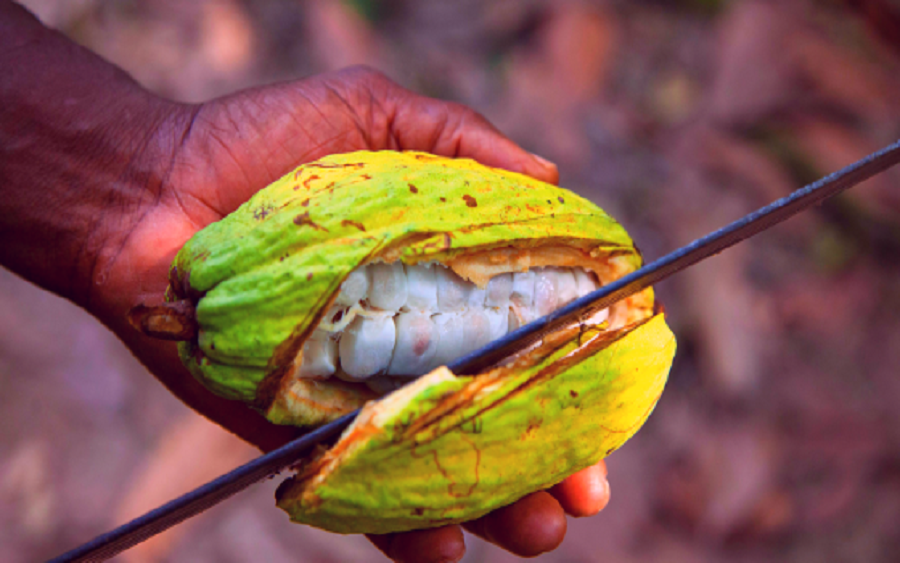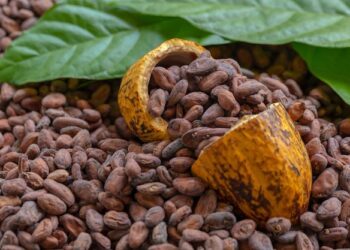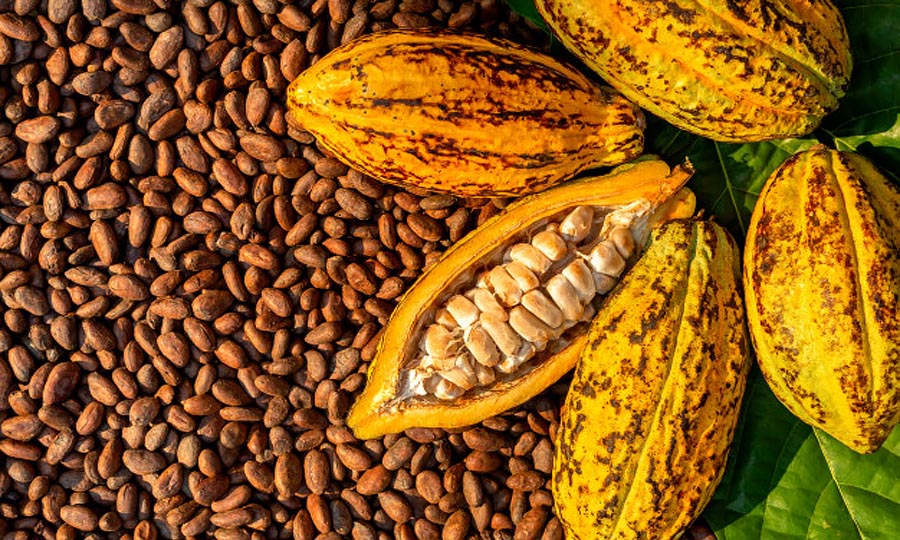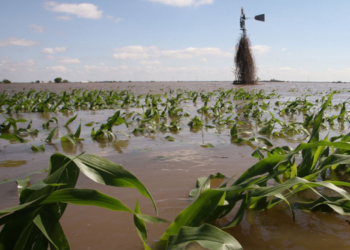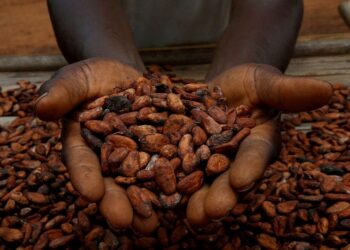Afex Exchange (AFEX) and Nairametrics started up conversations about the potential of cocoa as the future for export markets in Nigeria juxtaposing the insights on the opportunities to be harnessed in the cocoa value chain against the grim realities of a crude-oil dependent future.
Cocoa stands as the second largest foreign exchange earner for Nigeria next to crude oil and was until the mid-80s the highest earner. It remains Nigeria’s leading agricultural export with Nigeria being the fourth-largest producer of the commodity and the third-largest African exporter.
Although these statistics for cocoa still seem favourable, they become a little bleaker when considered through the lenses of our history. Nigeria was formerly the largest exporter of cocoa, and now produces only a fraction of what we did two decades ago. Cote D’Ivoire, which now stands as Africa’s largest exporter of the commodity, has in comparison increased its output by over five-folds.
[READ ALSO: A clear winner emerges in Nigeria’s chocolate beverage battle for market share]
In the course of the online chat that saw Nairametrics asking some questions around the current realities of the cocoa value chain in Nigeria and AFEX responding in kind to the questions, a number of areas were explored from the challenges currently faced by cocoa value chain players to harness the potential of the commodity for Nigeria to the need to improve quality standards and increase local processing and consumption of popular end products that harness cocoa as a raw material like chocolates.
One key aspect of the discourse was a look at the historical context of Nigerian cocoa production and the big change that started us down a path of reduced yields in the industry. Nigeria dissolved the cocoa marketing boards in 1986, a move intended to give way for the liberalization of the trade and marketing of cocoa, but according to Ayodeji Balogun, Country Manager for AFEX, the unstructured transition from a state-led monopoly to a liberalized private sector driven sector led to the weak and inefficient value chains that we have today in Nigeria.
Answering questions during the course of the online chat he said, “Early in my career I learnt the difference between delegation or responsibilities and abdication of responsibilities. When you dissolve a marketing corporation and you nurture private enterprises and build regulatory capacity, then you can liberalize trade and create a new industry. That was not what Nigeria did in 1986. What was done was an abandonment of our responsibilities, and we still suffer that toll today.”
The current cocoa value chain in Nigeria is defined by declining yields per hectare with ageing cocoa trees requiring a national intervention to incentivize farmers, researchers, exporters and processors to take steps to rejuvenate the industry. A group known as the cocoa farmers Nigeria group echoed these sentiments in the course of the conversation, pointing out that “a lot is needed to be done to increase our production per hectare (which is less than 300gms), broken infrastructure around cocoa communities, and also to address climate impacts on our cocoa farms.”
[READ MORE: Experts advise on ways to ensure market penetration in insurance sector]
Mutually beneficial relations, transparency and more quality control were some measures spoken about in the tweet chat with AFEX that would work to strengthen the cocoa industry in Nigeria. Speaking specifically to marketing cocoa to global markets, Ayodeji Balogun insisted that the power imbalance between the producer and buyer of cocoa must be reversed, and tilted in favour of the producer.
He said, “I see an increase in value appropriated by the producer from the current 5% of global chocolate trade value to somewhere between 8 and 10%. That will put more food and more children in school for over 50,000 households in West Africa…”, continuing, he rejoined that “This can only be achieved through the introduction of Commodities exchanges in the country of origin. When we trade our cocoa from West Africa on our future exchanges, the world will be forced to buy through it.”
A need to focus on cocoa at the highest level of policy to gain its attendant benefits of inclusiveness and wealth creation was the resolution of the online chat, with AFEX poised to continue sensitisation on the issues, while buckling down on its activities in the industry that range from strengthening primary production through trainings and providing secure storage through AFEX operated warehouses, to enabling farmers to access finance/ inputs and issuing forward contracts to cocoa producers on the CBN Anchor Borrowers Programme.

